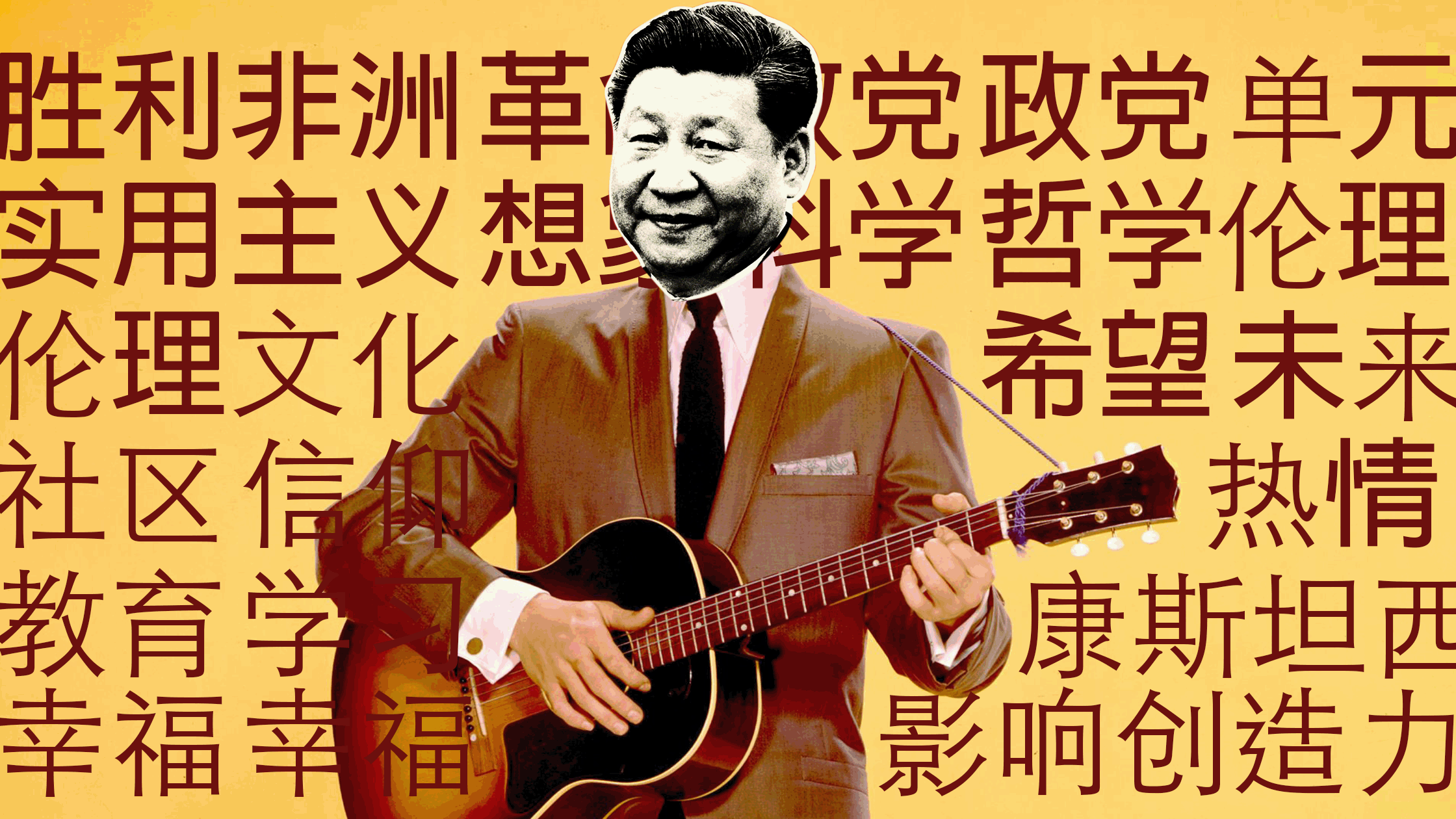As Mexico enters the second quarter of the 21st century, the country finds itself at a pivotal moment marked by political transformation, deep institutional challenges, and escalating cartel violence. Claudia Sheinbaum’s inauguration as the nation’s first female president is the embodiment of a new political era, as President Andrés Manuel López Obrador (AMLO) passes the torch of the Fourth Transformation, or -4T-, to his political successor. However, as Sheinbaum ushers in what AMLO termed the “second floor” of the 4T, her administration faces an increasingly turbulent domestic and international landscape.
Sheinbaum’s Legislative Supermajority: A Political Game-Changer
With Sheinbaum’s Morena party securing a historic two-thirds supermajority in both houses of Congress, her administration will have the unprecedented ability to amend Mexico’s Constitution. This legislative dominance opens the door to a range of sweeping reforms, many of which were championed by AMLO but blocked by the judiciary or political opposition. At the core of these reforms is a controversial judicial restructuring that has ignited fierce debate.
The supermajority provides Sheinbaum the political capital to deepen the 4T’s populist agenda, focusing on social programs, renewable energy, and economic restructuring. Central to her policy agenda is expanding poverty reduction programs and increasing investment in sustainable development. These policies are a continuation of AMLO’s domestic priorities, with Sheinbaum's leadership offering a unique chance to further institutionalize these transformations. The supermajority is a tool that could fundamentally reshape Mexico's political and economic future.
However, this concentration of power has raised concerns both within Mexico and among its North American neighbors. The potential for constitutional changes in judicial appointments and regulatory bodies has alarmed business interests in Mexico and prompted diplomatic caution from the United States and Canada, particularly in the context of the USMCA trade agreement. Any shifts in Mexico's energy policy or regulatory structure could further strain these relationships.
Judicial Insurrection: A Test for Democracy
On September 10, 2024, Mexico's legislative chambers became the epicenter of an intense national controversy as the Senate approved a judicial reform that would allow for the popular election of judges. Advocates of the reform argue that it will make Mexico's judiciary more accountable to the people, reducing the influence of elite interests over the courts. Critics, however, view it as an assault on the balance of powers, weakening judicial independence and concentrating power in the executive branch, now dominated by Morena and its allies.
The protests that erupted inside the Senate chambers, with demonstrators chanting "The judiciary will not fall," symbolized a broader resistance to what has been termed a "judicial insurrection." Opposition legislators, civil society groups, and members of the judiciary fear that the reform will compromise Mexico's system of checks and balances, eroding the judiciary’s role as a counterweight to executive power.
This legislative battle mirrors a broader ideological struggle over the direction of Mexico’s political system. Sheinbaum’s administration, buoyed by a political mandate, must now navigate the challenge of maintaining democratic legitimacy while consolidating power. The clashes in the Senate reflect the ongoing polarization within Mexico, a country wrestling with its evolving democratic identity. The repercussions of these reforms will be watched closely, not only by Mexico's civil society but also by international observers concerned with the rule of law and governance standards in the region.
Cartel Wars: The Sinaloa Cartel Implodes
Amid the political upheaval, a violent storm is brewing in Mexico's western state of Sinaloa. In the wake of the July 2024 arrest of the legendary cartel leader Ismael "El Mayo" Zambada, a power struggle has erupted within the Sinaloa Cartel, one of Mexico's most powerful drug syndicates. The split is between the faction loyal to El Mayo, now led by his son Mayo Flaco, and the faction led by Los Chapitos, the sons of the infamous Joaquín "El Chapo" Guzmán.
What began as internal maneuvering has exploded into open warfare, with shootouts in and around Culiacán, Sinaloa’s capital, stoking fears of a prolonged intra-cartel war. The trigger for this violence appears to be a betrayal involving the kidnapping and extradition of El Mayo by a senior member of Los Chapitos’ faction. Since his capture, questions have swirled over whether El Mayo had made a deal with U.S. authorities or had been handed over by his rivals within the cartel.
As the violence escalates, the Mexican government has deployed nearly 600 special forces troops to the region, hoping to prevent a full-scale collapse of order. However, history has shown that cartel wars often have far-reaching consequences, not only for the regions directly affected but also for the broader Mexican state. The violence could destabilize Sinaloa and other northern regions, undermining Sheinbaum’s promise of a secure Mexico.
The cartel infighting is emblematic of a larger issue: the ongoing struggle between the Mexican state and organized crime. While AMLO and Sheinbaum have emphasized social programs and poverty reduction as means to undermine cartel recruitment, the eruption of violence in Sinaloa highlights the complex and deep-rooted nature of Mexico’s cartel problem. With powerful factions now battling each other, the country faces the dual challenge of maintaining public security while also ensuring that cartels do not further corrupt institutions.
The International and Geopolitical Context
Mexico’s current turmoil cannot be understood without considering its geopolitical context. As Sheinbaum takes office, the country finds itself at a crossroads in its relationship with the United States. The Biden administration has maintained close ties with AMLO, particularly around trade and migration, but tensions could rise if Sheinbaum’s government pushes forward with controversial reforms, especially in the energy sector. With U.S. companies heavily invested in Mexico's energy infrastructure, any constitutional reforms affecting foreign investment could spark diplomatic friction.
Meanwhile, Mexico's internal struggles with drug cartels continue to have international ramifications. The Sinaloa Cartel's reach extends far beyond Mexico’s borders, affecting drug markets in the U.S., Europe, and even Asia. The outbreak of violence between the Mayo Zambada and Los Chapitos factions has global implications, threatening to disrupt transnational criminal networks and complicating international efforts to combat drug trafficking.
Sheinbaum’s presidency, while full of potential, is already under immense pressure. Her ability to deliver on the promises of the Fourth Transformation will depend on how she handles the immediate crises facing the country: consolidating political power without eroding democratic checks and balances, restoring public trust in Mexico’s institutions, and confronting the ever-present threat of organized crime.
As Mexico enters this transformative period, the world watches closely. How Sheinbaum navigates these challenges will not only define her presidency but also shape the future of Mexico in an increasingly interconnected and volatile world.









